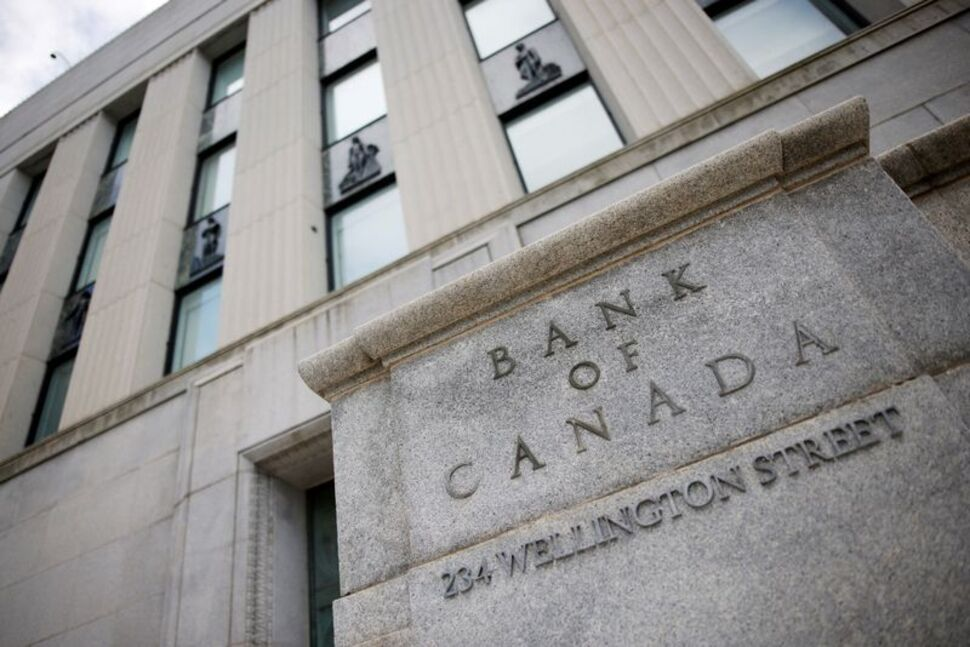Featured
article
- Get link
- X
- Other Apps
Bank of Canada Poised for Significant Rate Cut Amid Economic Slowdown
The Bank of Canada is widely expected to reduce its key policy rate by 50 basis points next week, marking its fourth consecutive rate cut and the first substantial reduction outside of the pandemic era in over 15 years. This anticipated move aims to stimulate economic growth as the country grapples with falling prices and sluggish consumer and business spending.
The central bank’s decision, set to be announced on October 23, will likely bring the benchmark rate down to 3.75% from the current 4.25%. This follows a series of rate cuts that began in June, prompted by consistent signs of cooling inflation and weakening economic growth.
Governor Tiff Macklem has indicated that the Bank of Canada is increasingly concerned about the risks of a faltering economy and declining inflation. Recent data has shown that Canada’s GDP growth has been minimal, with a mere 0.2% increase in July and a likely stall in August. Additionally, headline inflation for September was recorded at 1.6%, below the central bank’s target range.
Economists and financial markets are largely in agreement about the upcoming rate cut, with a Reuters poll showing that two-thirds of economists expect a 50 basis point reduction. This move is seen as necessary to support the economy, despite some concerns about potential inflationary pressures.
The Bank of Canada’s upcoming monetary policy report will provide further insights into its economic forecasts and the rationale behind its decision. As the central bank navigates these challenging economic conditions, its actions will be closely watched by markets and policymakers alike.
Popular Posts
Trump's Six Words: "I'm Going to Stop the Wars"
- Get link
- X
- Other Apps
Smart Savings for a Sharp School Start: Canadian Parents’ 2025 Guide
- Get link
- X
- Other Apps




Comments
Post a Comment